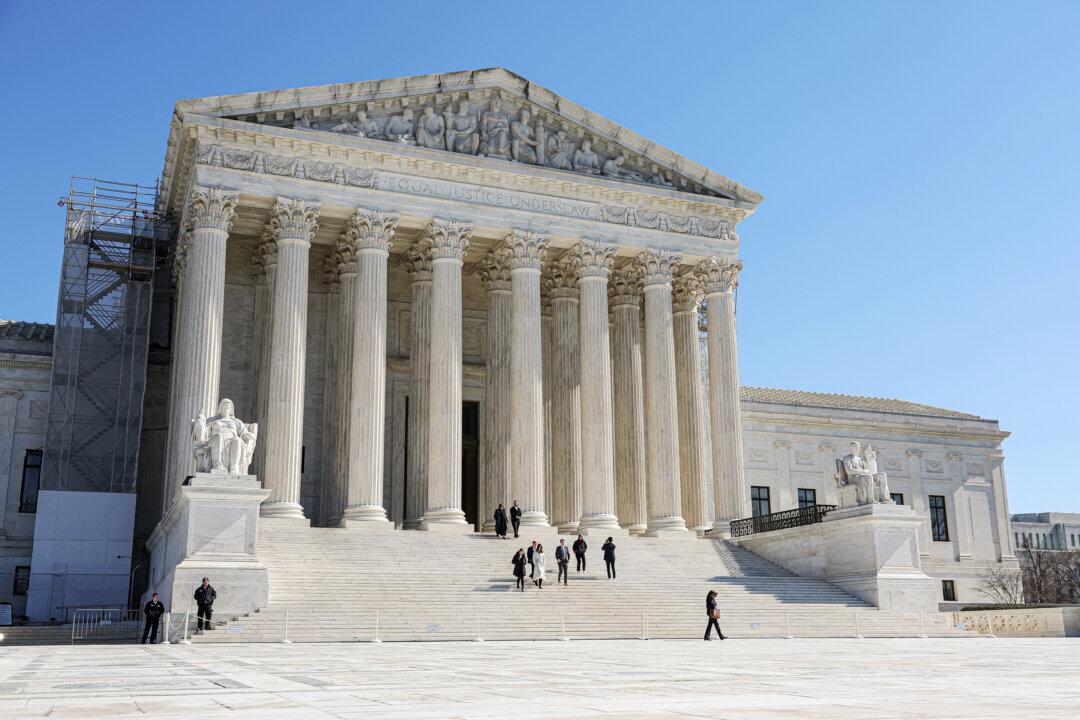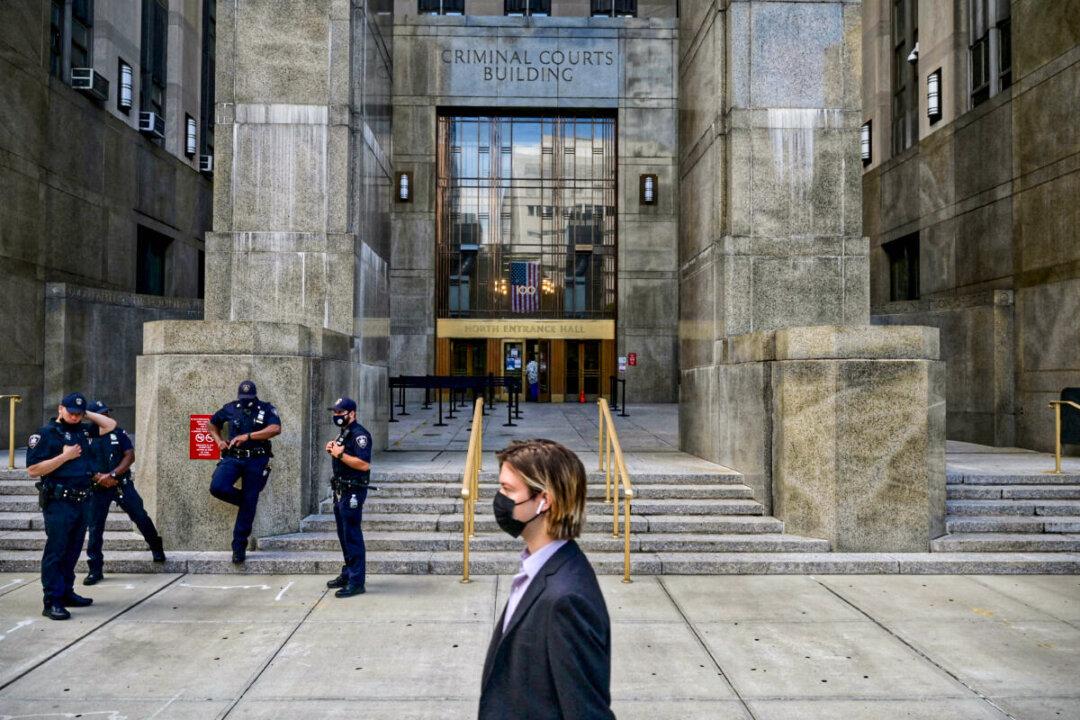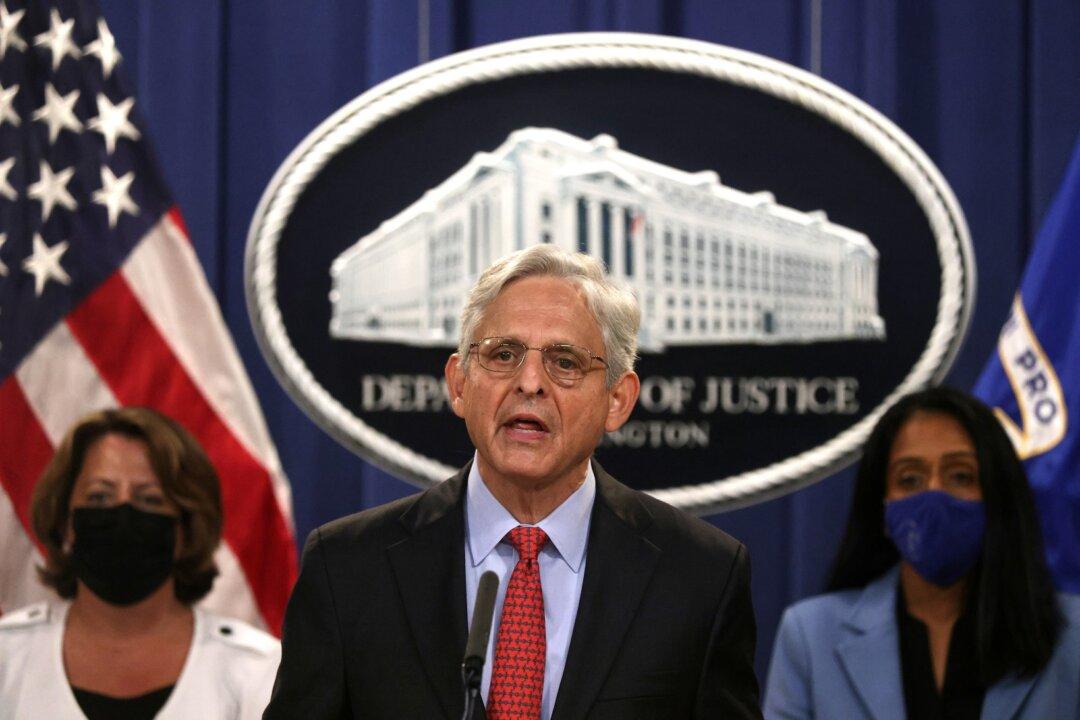 First the absurd: During the confirmation hearings earlier this month on the nomination of Brett Kavanaugh to replace Anthony Kennedy on the Supreme Court, Sen. Cory Booker (D-N.J.) compared himself to Spartacus, characterizing, in heroic terms, his proposed release of 12 pages of classified documents containing emails from Kavanaugh’s service as an aide in George W. Bush’s White House.
First the absurd: During the confirmation hearings earlier this month on the nomination of Brett Kavanaugh to replace Anthony Kennedy on the Supreme Court, Sen. Cory Booker (D-N.J.) compared himself to Spartacus, characterizing, in heroic terms, his proposed release of 12 pages of classified documents containing emails from Kavanaugh’s service as an aide in George W. Bush’s White House.Booker was most likely referencing the cable television series named after the historic rebel. The characterization is so grandiose, and so beyond the pale, that it seems unlikely that the reference was based on the 1960 film “Spartacus,” starring Kirk Douglas and directed by the legendary Stanley Kubrick, written by Dalton Trumbo and based on the novel by Howard Fast.





